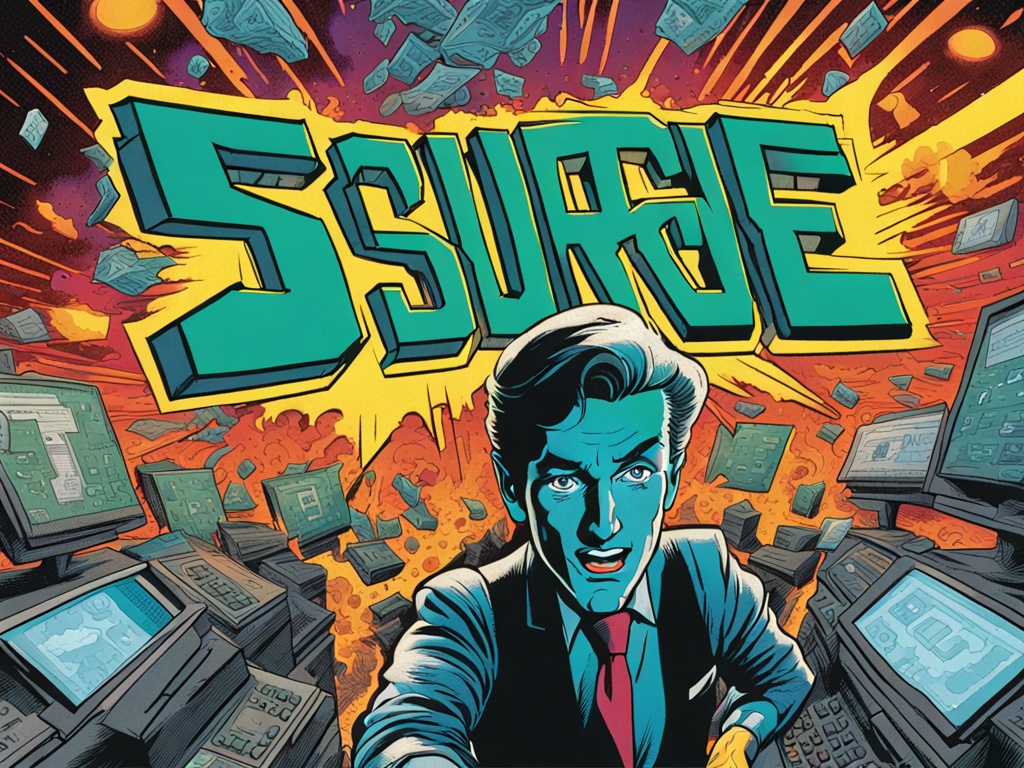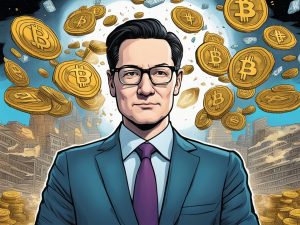Is Bitcoin Really the Future of National Reserves?
You know, it’s fascinating to see how the financial world is evolving, isn’t it? Just when you thought Bitcoin was just for tech-savvy millennials, it’s suddenly making headlines in discussions at government level. So, what does it mean for us as potential investors and enthusiasts when countries like the Czech Republic start considering Bitcoin as part of their financial strategy? Let’s dive into it.
Key Takeaways
- The Czech National Bank (ČNB) is contemplating Bitcoin for foreign exchange reserves.
- Global sentiment is shifting with countries like Switzerland, Germany, and Russia exploring Bitcoin in their financial systems.
- Former skeptics, like Donald Trump, are now supporting Bitcoin as a strategic asset.
- Bitcoin’s finite supply positions it as a hedge against inflation, capturing the interest of policymakers.
A Big Step for the Czech Republic
The recent comments from Aleš Michl, the governor of the Czech National Bank (ČNB), signal an important shift in how governments view cryptocurrency. In a candid chat with CNN Prima News, he mentioned that acquiring "a few Bitcoin" could be a viable diversification strategy for their foreign exchange reserves. Now, don’t get too excited — it wouldn’t be a massive investment just yet. It’s a cautious foray into the crypto world, and any such move would still require a thumbs-up from ČNB’s seven-member board.
But let’s think about it: when a government official starts discussing Bitcoin in an official capacity, it’s like a flicker of a flame that could grow into a wildfire. If the ČNB takes this seriously, it might just open the floodgates for other nations to reconsider their own financial strategies.
Shift in Global Mindset
What’s happening in the Czech Republic isn’t an isolated incident. It’s part of a broader, global conversation. For instance, Switzerland is considering adding Bitcoin to its national reserves, along with traditional assets like gold. This move may not just signal innovation but a more diversified and potentially robust financial policy. Imagine other nations following suit! It’s like the starting point of a new trend that recognizes cryptocurrency as a credible reserve asset.
Germany isn’t one to be left behind either. Figures like former Finance Minister Christian Lindner are floating the idea of Bitcoin as a way to lessen the EU’s dependency on the US dollar. And let’s not forget about Hong Kong, where legislators are advocating for integrating Bitcoin into financial reserves to bolster economic resilience. It’s truly a whirlwind of exchanges and conversations around the world, don’t you think?
Why This Matters to You
You might wonder, “What does this mean for little ol’ me?” Well, this increasing acceptance of Bitcoin by governments could signify a more stable environment for cryptocurrency investments. Historically, the narrative around Bitcoin has always surrounded its volatility, but when nations begin to recognize it as a legitimate option, it can boost both its value and stability.
The idea that Bitcoin might actually play a role in national reserves provides an emotional lift to investors. If it’s being considered alongside traditional assets, it’s a form of validation that the crypto space has been yearning for. It’s like that time you knew in your gut that your favorite band would hit it big, and finally, they did!
Practical Tips for Investors
- Stay Informed: Keep an eye on governmental announcements and policies regarding Bitcoin. If trends continue, you might catch some early signals!
- Diversify Your Investments: Like the ČNB is considering, think about how Bitcoin can fit into your investment portfolio along with traditional assets.
- Engagement Matters: Participate in discussions or forums focused on cryptocurrency — the more you know, the better you can navigate this exciting yet unpredictable landscape.
A Future Worth Watching
The world is definitely buzzing with talks about Bitcoin becoming a mainstream reserve. It paints a compelling picture, doesn’t it? Former skeptics have started opening their minds, and governments are veering into uncharted territory. Just think about it—countries utilizing a decentralized currency that transcends borders and economic barriers! It raises questions about the future of traditional fiat currencies and what that would mean for everyday transactions.
As an individual investor, this could be your moment to reflect on your own beliefs about cryptocurrencies. Do you see this rising interest as a chance to dive in deeper, or perhaps a reason to be cautious? Whatever side you lean towards, remember that understanding the dynamics at play—and maybe a little bit of luck—can go a long way in making savvy investments.
So, here’s a thought to ponder: If governments view Bitcoin as a potential hedge against economic instability, could it be time for us to rethink our relationship with traditional currencies? What could a world look like where Bitcoin stands shoulder to shoulder with gold and cash in a country’s reserves?





 By
By
 By
By
 By
By
 By
By
 By
By